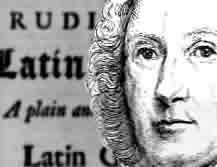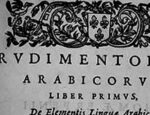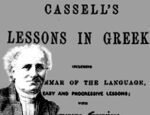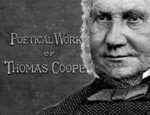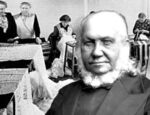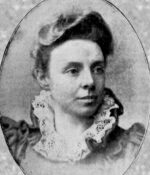Description
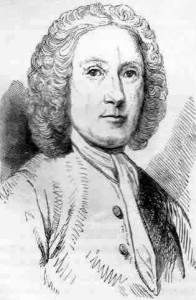 Admire the contribution to Latin studies made by Thomas Ruddiman 1674-1757), son of a Catholic tenant farmer in the village of Boyndie near Aberdeen. He shone at classics in the parish school, and at sixteen ran away without telling his parents to compete, successfully, for a prize bursary at King’s College, Aberdeen. This enabled him to study, graduate, and teach for a living, until he was taken under the wing of an eminent physician, Robert Pitcairne, and offered work in the Advocates’ Library at Edinburgh and at Glasgow University.
Admire the contribution to Latin studies made by Thomas Ruddiman 1674-1757), son of a Catholic tenant farmer in the village of Boyndie near Aberdeen. He shone at classics in the parish school, and at sixteen ran away without telling his parents to compete, successfully, for a prize bursary at King’s College, Aberdeen. This enabled him to study, graduate, and teach for a living, until he was taken under the wing of an eminent physician, Robert Pitcairne, and offered work in the Advocates’ Library at Edinburgh and at Glasgow University.
Although his Jacobite convictions caused him intermittent problems, he became the most famous Latinist in Scotland and perhaps in Britain. His writing, publishing and printing career began with editing texts for booksellers, including a new folio edition in 1710, with Ruddiman’s elaborate glossary of fellow Scot Gavin Douglas’ translation of Virgil’s Aeneid (1713). He prepared a new edition of John Forrest’s Latin Vocabulary (1713), an edition of the complete works of earlier scholar George Buchanan (1715), and his own deservedly famous four-volume edition of Livy.
But his most profound influence was exerted through The rudiments of the Latin tongue, or, A plain and easy introduction to Latin grammar : wherein the principles of the language are methodically digested, both in English and Latin ; with useful notes and observations, explaining the terms of grammar, and farther improving its rules. First published in 1714, it became a publishing phenomenon. Repeatedly revised and reprinted throughout his life and until as late as 1886, it helped generations of schoolchildren, adult learners and autodidacts take their first steps in Latin. Crucially, it was bilingual in English and Latin throughout.
He was so famous that Dr Johnson and James Boswell considered collaborating on his biography. In 1773 they visited the small town of Laurencekirk near Aberdeen. In his Journal of a Tour to the Hebrides, Boswell recorded that it was there that ‘our great grammarian, Ruddiman, was once schoolmaster. We respectfully remembered that excellent man and eminent scholar, by whose labours a knowledge of the Latin language will be preserved in Scotland, if it shall be preserved at all.’

